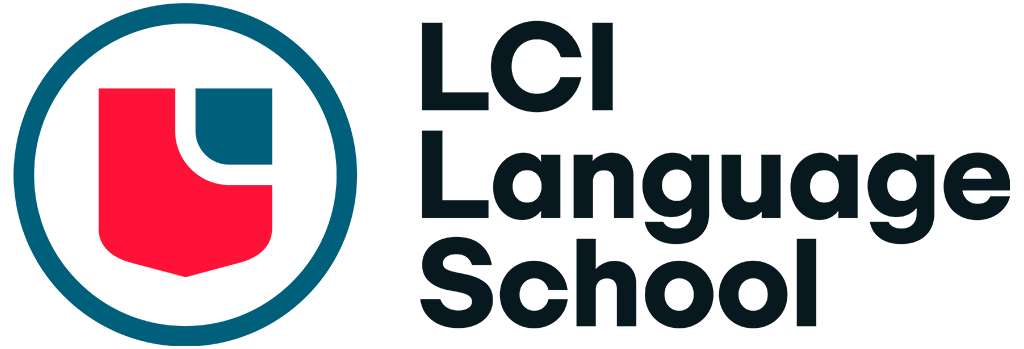Welcome to Vancouver!
Vancouver is frequently voted one of the most desirable places to live. Located between the ocean and the mountains, with parks and beaches surrounding its harbour, the picturesque city offers countless opportunities for year-round activities.
With modern conveniences that include trendy restaurants, convenient public transportation, and multiple shopping & entertainment districts, Vancouver has a lifestyle that you will easily adapt to and enjoy. With our mild climate, it is possible to ski, sail, and golf all in one day! Discover our natural scenery, enjoy Native Indian art, or participate in some of our many outdoor activities, events, and festivals.
We are also close to other famous cities, such as Whistler, Victoria, and Seattle.
What you need to know
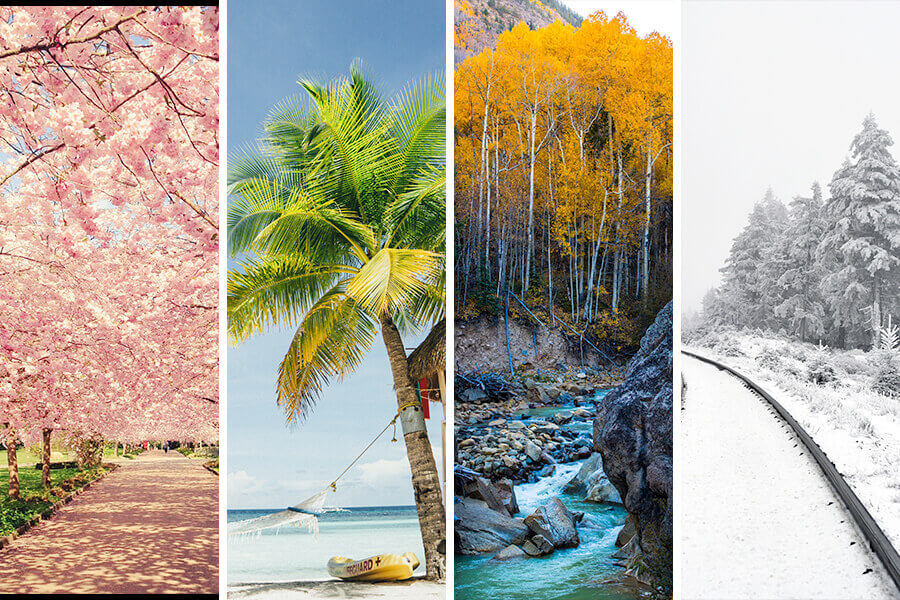
Climate
Vancouver has one of the mildest climates in Canada with four distinct seasons. Vancouver enjoys mild winters and snow is quite rare. Spring season covers the city in cherry blossoms and summer holds many mild and sunny days to enjoy outdoor activities. Fall season means cooler temperatures with spectacular changes of leaf colors.
Winter: January to March : 7 °
Spring: April to June : 13 °C
Summer: July to September : 22 °C
Fall: October to December : 7 °C
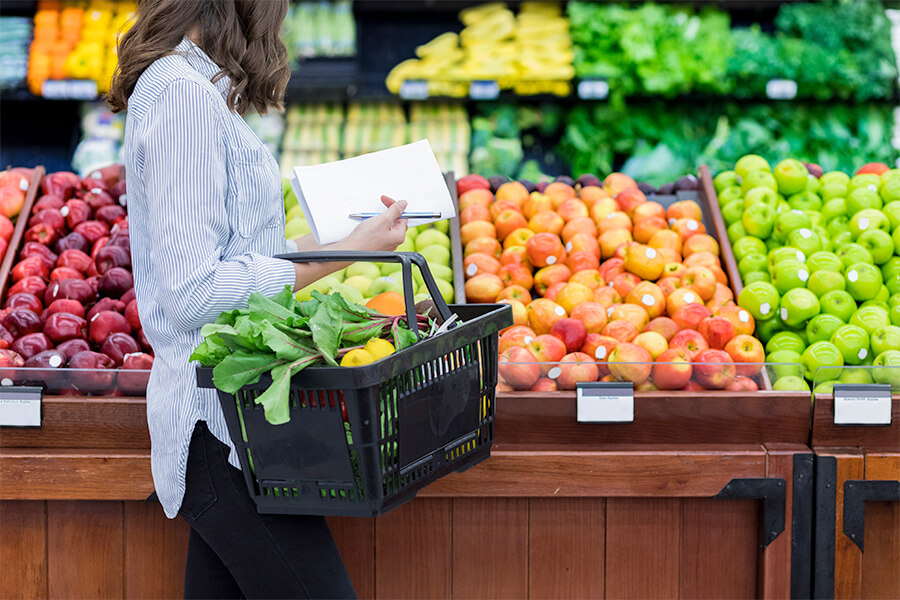
Living Expenses
Here are the projected expenses while living in Vancouver. Expenses are in CAD$ on a monthly basis:
- Accommodation (shared) - $900 to 1400
- Phone - $45-60
- Food - $400-500
- Public Transportation - $105-189
- Medical Insurance - $75
Taxes - In Canada, sales taxes are not included in the price tags you see in the store. A 5% GST and 7% PST will be added to your total amount at check out. For instance, if you purchase a $10 CDN T-shirt, your total bill will be $12, including taxes.
Tipping - Tipping is a common practice in North America, including Canada. In restaurants - It is customary to tip approximately 12% - 15% on the total bill before tax. Many restaurants may charge an automatic 15%-18% gratuity for large groups.
For other services - Tipping is also customary for other service providers such as hairdressers, manicurists, and taxi drivers. In these cases, a 10% tip is common.
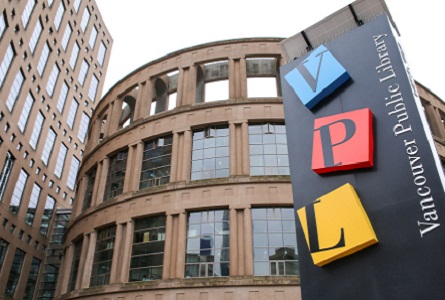
Vancouver Public Library
Vancouver Public Library has twenty-two branches around the city. The main one is located on 350 West Georgia Street Downtown Vancouver. In addition to books and publications, it has computer labs and many other digital resources for its user. To get a free Library Card, you need to be staying in Vancouver for at least six months. You need to pay $25 if you stay less than that. Go to any Library and bring: (1) your passport, (2) your LCI Language School student card, and (3) a piece of mail or a bill which has your name and your Vancouver address.
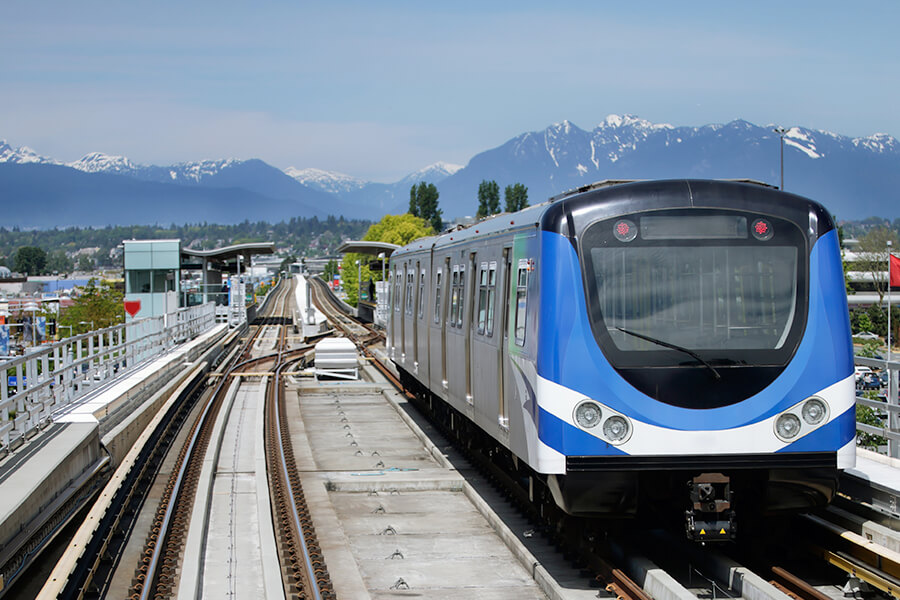
Getting around the city
Translink is Vancouver’s public transportation company. Saturdays, Sundays and Holidays, buses are less frequent.
Bus and Skytrain - The bus and skytrain service cover the widest area and travels along most major streets in the city. Passengers must either buy a single travel ticket (valid for 90 minutes toward all Translink run vehicles including bus, Skytrain and Seabus) or use a Compass Card with pre-loaded fund upon entering a bus. Buses accept coins only and will not give change. Single travel tickets and Compass Cards can also be purchased from vending machines in SkyTrain stations that accept coins, bills, debit and credit cards.
Seabus - The Seabus is a boat which travels between Waterfront Station, downtown and Lonsdale Quay in North Vancouver.
Compass Card - The most convenient way to get a Compass Card is at one of the ticketing machines locating in a SkyTrain station. At YVR airport, you can find a ticketing machine right by the SkyTrain platform. You can pay by cash or credit card. If you don’t know how to use the machine, there is always SkyTrain staff in GREEN vest there to help. Don’t be shy; Canadians are friendly and approachable.
Bicycles - Vancouver is a bicycle-friendly city. In addition to the prevalent seawall bike paths along Stanley Park, False Creek and Kitsilano, there is a massive network of bicycle routes that connect the city. Vancouver has also recently introduced a bike share program, which allows you to commute on bike.
Car Sharing - Vancouver has two primary car-sharing services: Modo and Evo Car Share. If you only need a car occasionally, their service can come in handy. Car-sharing programs allow you pick up one of the cars on the street, and travel from point A to point B, and end your rental without having to drive back to point A. However, you will need to obtain a British Columbia driver’s license (issued by ICBC) to be able to take advantage of this convenient service. It is also important that you learn about Vancouver’s driving regulations.
